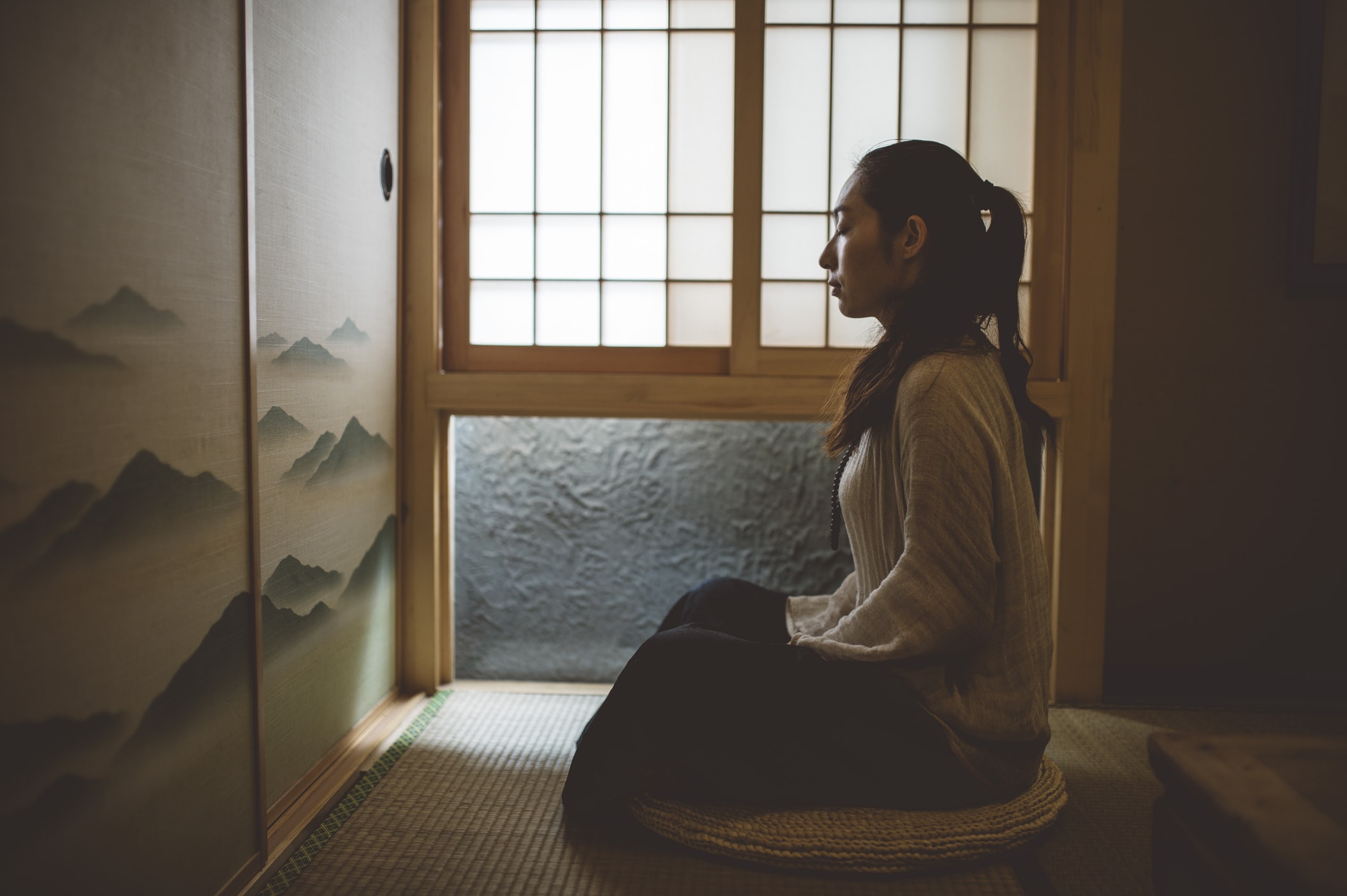Anxiety is an issue that many people struggle with, often responding to it in unhealthy ways. While medication and outlets such as exercise can help, high levels of anxiety usually require other approaches. Mindfulness meditation is a technique that can help manage and reduce stress.
What is mindfulness meditation?
Mindfulness is a form of meditation that relies on bringing your awareness back to the present moment. Mindfulness activities can be very useful in managing anxiety and stress, as well as generally improving your mental state and overall well-being.
How does mindfulness help anxiety?
At any given time, our minds might be preoccupied with memories of the past, plans for the future, or concerns about the present. If you’re suffering from anxiety, your wandering mind may emphasize regrets and fears. Mindfulness meditation grounds you safely in the present moment, allowing you to regain calmness and mental focus.
How do I practice mindfulness mediation?
The practice of mindfulness is very simple. Find a quiet spot where you won’t be disturbed and get into a comfortable position. You don’t need any special equipment, just somewhere to sit or lie down.
Start taking slow, deep breaths. Inhale through your nose and exhale through your mouth. Allow your diaphragm to expand — your abdomen should go in and out as well as your chest. Focus your attention on your breath. It may be helpful to begin counting your breaths. If you lose count, start over.
Don’t attempt to “quiet your mind.” Just allow thoughts to come and go. Keep your attention on the current state of your body. When your attention wanders, as it probably will, just acknowledge the fact and bring it back to your breathing.
Allow your body to relax as much as possible. Identify any areas where you carry tension in your body and let it go. Let your shoulders sink and unclench your jaw, but don’t fixate on trying to relax. Allow yourself to notice the sensations in your body without judging them. Don’t be disheartened if the tension creeps back when you’ve moved your attention to another body-part. Just let it relax and continue without judgment.
Let yourself be aware of your senses. What can you feel, smell, see, and taste? If your eyes are closed, can you see colors or shapes behind your eyelids? Feel the chair or couch you’re sitting or lying on, the sensation of your clothes against your skin, the breeze from an open window or the warmth of a heat source.
You may find yourself experiencing various emotions. Allow yourself to be aware of them without judging them. Just acknowledge happiness, sadness, enjoyment, or anxiety, without concerning yourself over it.
Are you craving anything right now? Let yourself be aware of your desires, whether they are for food or some other experience. Don’t judge or dismiss them, acknowledge the craving and bring your attention back to your body.
When can I practice mindfulness meditation?
The beauty of mindfulness meditation is that you can practice it in a wide variety of situations and contexts. While it’s a good idea to start by practicing in a quiet setting with few distractions, mindfulness meditation can work for you throughout your day. You can practice mindfulness when doing your household chores, such as washing the dishes or vacuuming the carpet. You can practice mindfulness while you’re out for a walk or taking exercise. You can even use mindfulness meditation in work meetings.
Whatever you are doing, bring your full attention to bear on the experience. Be aware of your breathing, your physical and emotional sensations. Allow yourself to be mindful of the sights, sounds, and smells around you. Feel the exertion in your muscles and the feeling of your footsteps along the path, or the pressure of the chair against your back.
The regular practice of mindfulness can help alleviate and control anxiety. It also has plenty of other benefits. Daily mindfulness-based stress reduction is associated with lower rates of mental illness, as well as lower rates of dementia in older people. You may find that your meditation practice continues to improve your life long after your anxiety has been banished.
Tap for recommended posts on the tags you don’t follow






